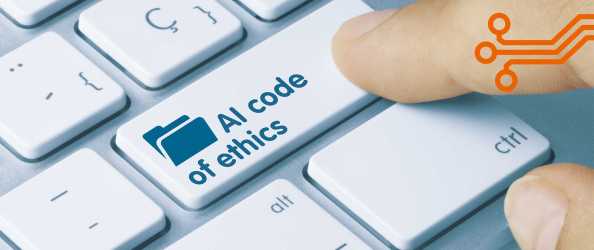
The debate on AI regulation involves complex considerations of ethics, technology, economics, and policy. Proponents argue regulation ensures ethical AI use, protects privacy and security, prevents monopolies, guarantees public safety, and establishes accountability. Critics, however, warn it may stifle innovation, disadvantage countries in global competition, risk regulatory capture, struggle with AI’s rapid evolution, and face challenges over ethical and cultural differences. Balancing innovation with safety, privacy, fairness, and security is essential, considering AI’s fast development and wide-ranging impacts.
Pro Regulation
- Ethical Safeguards: AI systems can make decisions that affect people’s lives significantly, from job applications to legal judgments. Government regulation can ensure that these systems operate ethically, transparently, and without bias.
- Privacy and Security: AI technologies can pose significant risks to individuals’ privacy and national security. Regulation can set standards for data protection and cybersecurity, safeguarding personal information and critical infrastructure.
- Preventing Monopolies: Without regulation, there might be a risk of monopoly by a few tech giants who have the resources to develop advanced AI. Regulation can ensure fair competition and prevent monopolistic control over AI technologies.
- Public Safety: AI applications, such as autonomous vehicles or healthcare diagnostics, need to meet safety standards to protect the public. Government regulation can establish these standards and ensure compliance.
- Accountability: In cases where AI systems cause harm, regulation can help establish accountability mechanisms, ensuring victims have recourse and that similar issues are prevented in the future.
Against Regulation
- Innovation Stifling: Excessive or poorly designed regulations could hinder technological innovation and economic growth. The fast pace of AI development requires flexible policies that do not impede research and development.
- Global Competition: If regulations in one country are too stringent, AI research and development might move to countries with more lenient policies. This could put the former at a technological and economic disadvantage.
- Regulatory Capture: There’s a risk that regulations could be shaped by the most powerful industry players to serve their interests, potentially creating barriers to entry for smaller companies and startups.
- Rapid Evolution of AI: The rapid pace of AI development makes it challenging for regulations to keep up. This could result in laws that are outdated by the time they are implemented, making them ineffective or even counterproductive.
- Ethical and Cultural Differences: Ethical standards and cultural norms vary greatly around the world. Global AI regulation might be difficult to achieve, and national regulations might not align with international norms or standards.
Conclusion
The debate around AI regulation is multifaceted, requiring a careful balance between fostering innovation and ensuring safety, privacy, fairness, and security. The decision to regulate AI and how to do so should consider the technology’s rapid evolution, its potential societal impacts, and the global landscape of AI development and application.
Posted on March 11, 2024
0